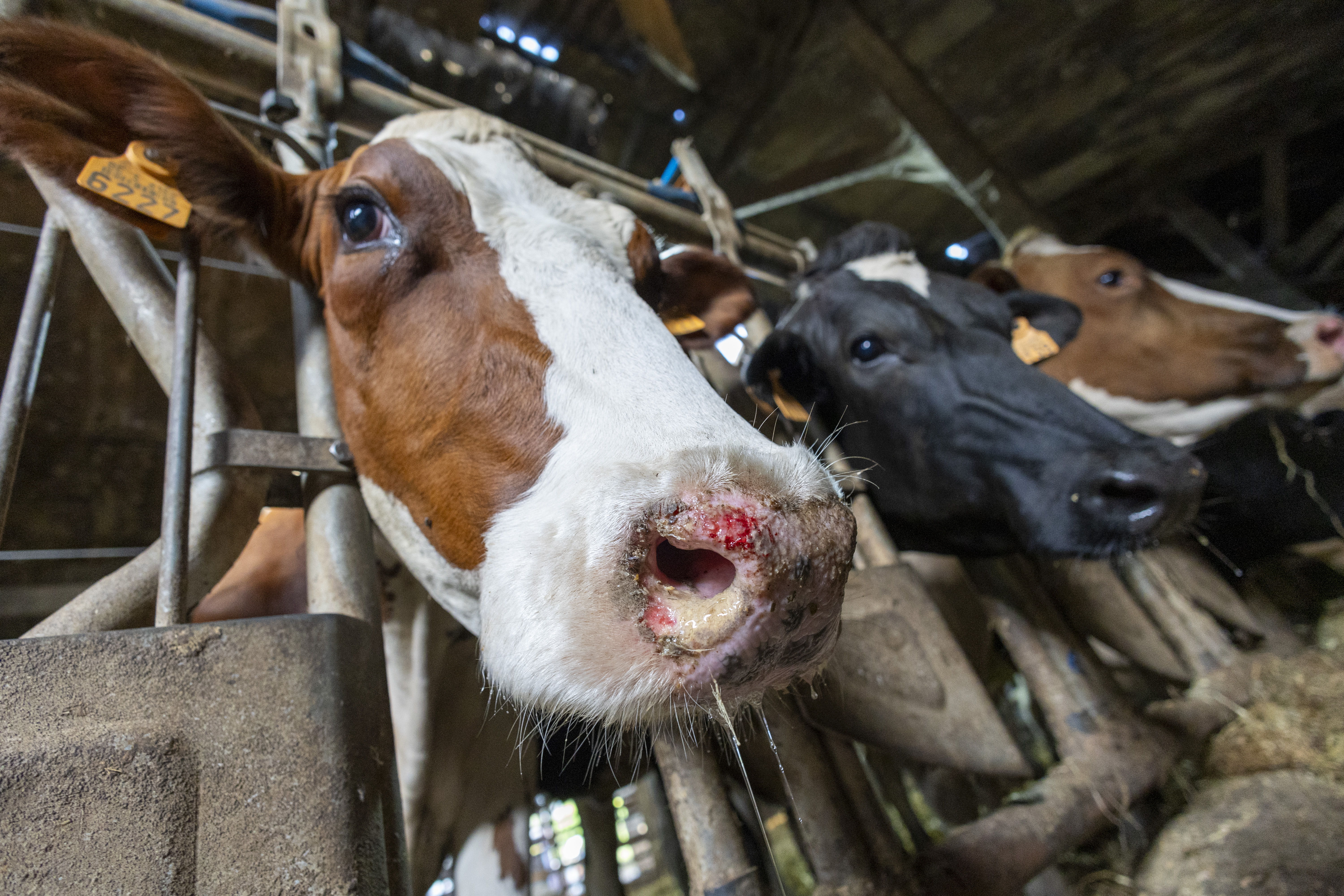Bluetongue virus cases continue to rise in Belgium

The bluetongue virus has now been detected in 874 locations in Belgium, according to figures published on Tuesday by the Federal Agency for the Safety of the Food Chain (FASFC). This is a sharp increase compared to last Monday, when 501 outbreaks were counted.
But the spread of the virus is in line with expectations, said FASFC spokeswoman Hélène Bonte. "We are certainly expecting an increase in infections this summer - possibly even in September and October," she said. "From late autumn to early spring, when temperatures are below 10 degrees Celsius and the vector (mite) is not active, no new cases are usually detected."
The hotbed of the outbreak is in the provinces of Antwerp, Liège and Limburg, with 161, 133 and 129 outbreaks respectively. In Wallonia, 75 outbreaks were recorded in Namur, 52 in Hainaut, 40 in Luxembourg and 30 in Walloon Brabant.
Vaccinations recommended
The virus has mainly affected sheep (485 cases) and cattle (382 cases), but three goats and four alpacas have also been infected. The FASFC still strongly recommends that animals be vaccinated.
Bluetongue is only dangerous to animals. The virus causes a blue tongue, high fever and swelling in cattle. The virus is transmitted by the bite of very small mosquitoes. Sheep in particular become very sick and can die. In goats and cattle, the disease is often less severe.
Belgium was free of bluetongue for a long time, but in October 2023 another outbreak was detected on a small sheep farm in Merksplas. Before that, it was clear that the virus was spreading rapidly in the Netherlands, and now France has also been affected. Bluetongue is not dangerous to humans.
© BELGA PHOTO NICOLAS MAETERLINCK
Related news
